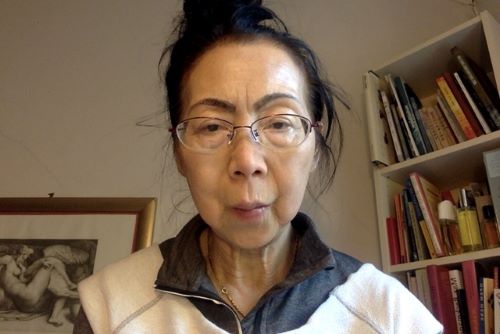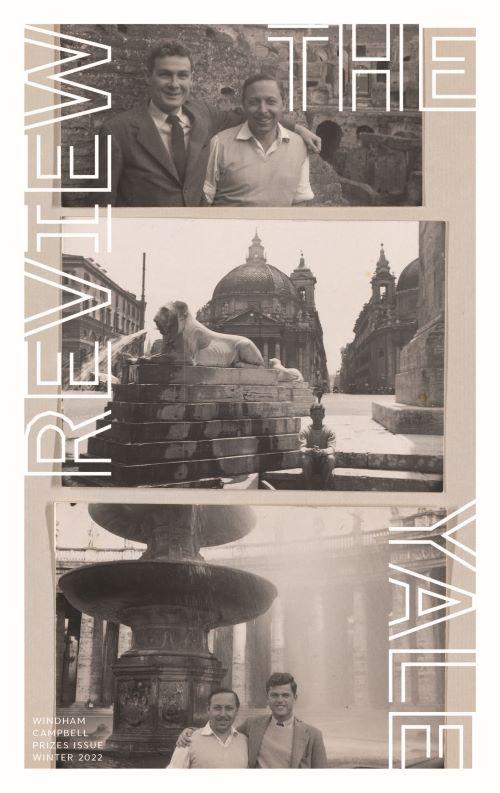What does China remember of Japan?On Lugou Bridge you ask.What does Japan remember of China?On Lugou Bridge you want to know.This is where it all started.They say don’t count the stone lionsAt the pier—You will become one of them.Stop countingStop! Your eyeballs are turning stony, inward.I bared my teeth in the mirrorWhen I got back to the hotel.They still chatter.Prolonged exposure to the NortherliesOn the bridge prises one’s palate.But I did not roar.A clever man in the last centuryWrote a fairly readable bookFrom Lugou Bridge to Pearl Harbor(1937 to 1941). He reckonsA World War may begin many timesBefore it begins.We never tire.You are not far offOne of the world’s true crime spots.Are there secrets best kept in the War Museum At Lugou?Born after the WarI might turn in my parents,In memoryOf their survivalIn China’s war years.“For your generationThe last world warWas fought.” Yes, this will go on being saidTill the next generationBorn before the WarHas no one to say it to.The late Qing Emperor left 4 wordsOn a stone pier:“Dawn MoonOver Lugou”
Remembering the World
Feature Date
- March 26, 2023
Series
Selected By
Share This Poem
Print This Poem
First Appeared in the Winter 2022 issue of The Yale Review.
Copyright © 2022 by Wong May.
All rights reserved.
Reproduced by Poetry Daily with permission.

Wong May was born in China’s wartime capital, Chongqing, in 1944. She was brought up in Singapore by her mother, a classical Chinese poet; studied English Literature at the University of Singapore with the poet D.J. Enright; from 1966 to 1968 she was at the Iowa Writers Workshop. Soon after, she left the USA for Europe. Her fourth book of poems, Picasso’s Tears: Poems, 1978-2013, was published by Octopus Poetry. In 2022, she received the Windham Campbell Prize. Wong May currently lives in Dublin. She paints under the name Ittrium Coey, and has exhibited her work in Dublin and Grenoble.

Winter 2022
New Haven, Connecticut
Yale University
Editor
Meghan O'Rourke
Managing Editor
Will Frazier
Since 1911, The Yale Review has been publishing new works by the most distinguished contemporary writers—from Virginia Woolf to Vladimir Nabokov, from Robert Frost to Eudora Welty. The journal’s pages have, for almost a century, been filled with the most exhilarating and astute writing of our times. Under the editorship of Meghan O'Rourke, a best-selling poet and memoirist, The Yale Review presents up-and-coming writers, explores the broader movements in American thought, science, and culture, and reviews the best new books in a variety of fields.
“I look forward to The Yale Review because I know I will encounter historians and poets, essayists and reviewers, who will take me on the most intriguing excursions beyond the headlines.”
—Peter Jennings, Broadcast Journalist
“It’s good news that this noble, long-established periodical is back in circulation.”
—Iris Murdoch
“The Yale Review, with its distinguished history, is one of the very finest of American literary journals. Its thoughtfully edited contents include both imaginative and critical writing of a very high—and entertaining—order.”
—Joyce Carol Oates
Poetry Daily Depends on You
With your support, we make reading the best contemporary poetry a treasured daily experience. Consider a contribution today.



